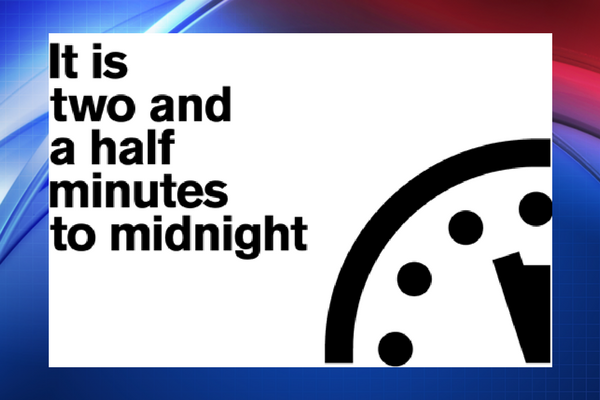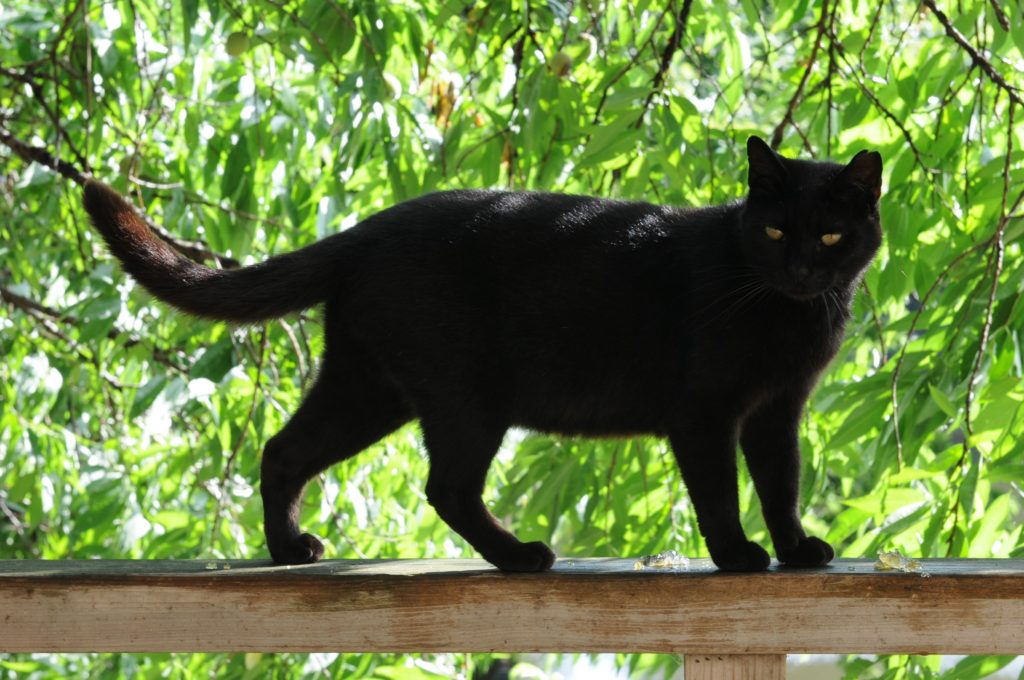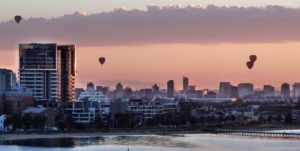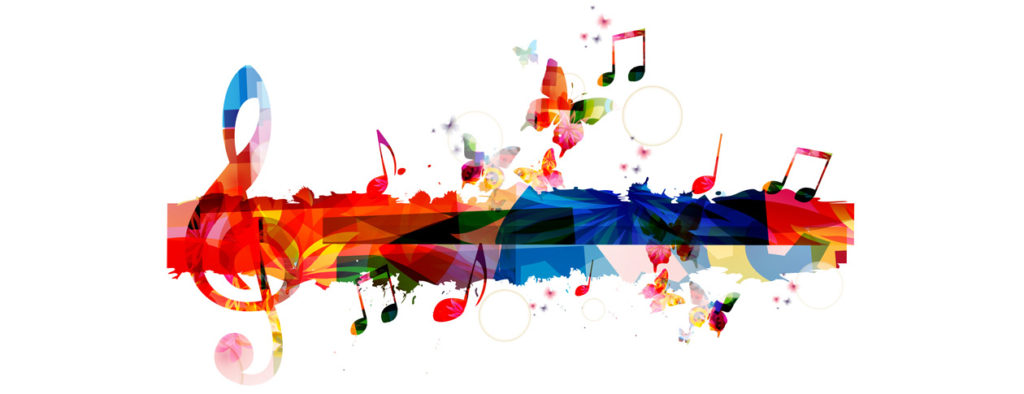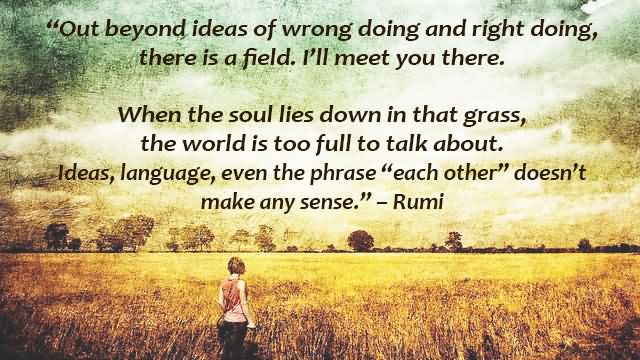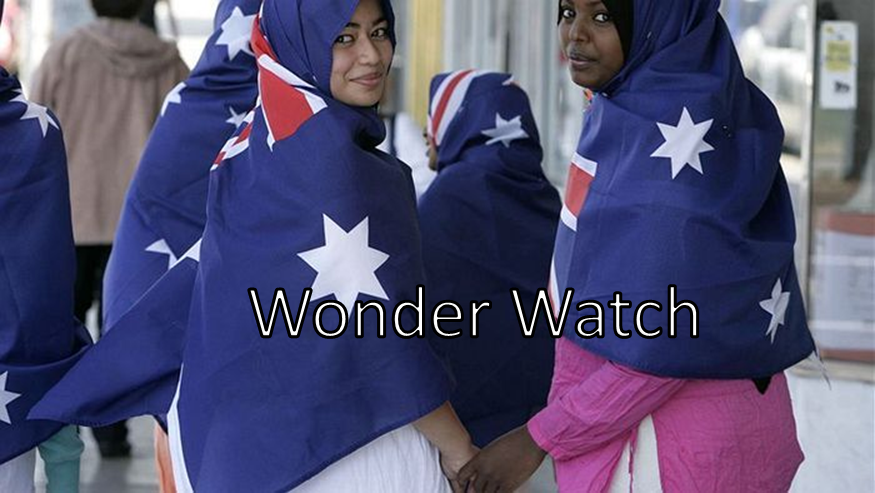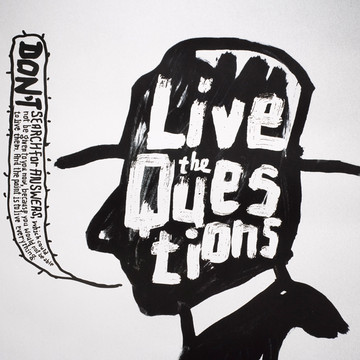
The German poet, Rainer Maria Rilke, in his Letters to a Young Poet, counselled:
‘Have patience with everything unresolved in your heart and try to love the questions themselves … Don’t search for the answers, which cannot be given to you now, because you would not be able to live them. And the point is to live everything. Live the questions now. Perhaps then, someday far in the future, you will gradually, without even noticing it, live your way into the answer.’
This piece of advice contains Advent themes: patience, waiting on answers by living the questions and hope for future resolution.
I don’t generally listen to talk-back radio, but yesterday, in only five minutes of a discussion about men and women sharing household labour, I heard a man live into his answer.
He rang in to say that he couldn’t understand why his wife didn’t always react well to his attempts to help her around the house. The guest speaker replied that perhaps he could re-frame his approach: rather than offering to help, he could ask his wife what he could do to share the work.
But, he replied, he was more than willing to help, why did she not understand that. The guest speaker tried again. By offering to help, he was implying that the work was hers and perhaps, she was failing in it. They lived together, the household was theirs, by offering to share the work he would be saying he understood that.
He started to speak again, but then paused, and in that moment of silence the listening audience heard the penny drop. His next words told us that he could see the distinction.
It was an Advent moment, for both of us. Clearly, his question troubled him, he had been living it and yesterday, on public radio, he lived into the answer. And the answer surprised him, not something he could do, but a different way to think about it. A way to re-frame the question.
As for me, I witnessed the coming of light into darkness. I heard the birth of understanding and insight, made all the more wondrous because I did hear it rather than see it.
Have patience … love the questions … live everything.
An Advent call.
you cannot start seeing or understanding anything if you start with “No.” You have to start with a “Yes” of basic acceptance.’
